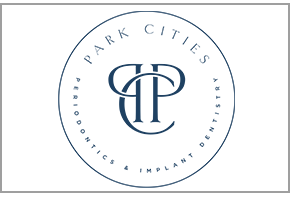Patients afflicted with gum disease may be faced with treatment that can involve root planing and scaling – a procedure where the periodontist will go beneath the gum line and remove any plaque that has built up. During this procedure after the plaque is removed the area is smoothed over to help prevent future build-up.
Many patients are faced with this procedure for all of their teeth, and patients that are extremely nervous about this treatment can benefit with oral sedation.
More severe periodontal disease may require surgery; and if too late for treatment, one or more teeth may need to be extracted. Either of these steps may be uncomfortable for a day or two, but for most patients they can resume their ordinary schedule the following day.
When sedation is employed, patients must make arrangements for:
- Transportation – Patients will take a sedative at home about one hour before their appointment. This means they should not drive to the dentist office. Upon their arrival, additional sedatives will be administered putting the patient at total ease. This will render the patient unable to drive for several hours following the procedure.
- Assistance – Patients undergoing sedation dentistry should have someone stay with them for a few hours upon their return home in the unlikely event of a reaction to treatment or medication.
Patients undergoing surgery will be advised to return home to rest to keep bleeding minimal.
Oral sedation puts the patient in a state of total relaxation. Although the patient remains conscious throughout their procedure, most report that they do not recall anything as if they slept during treatment. Patients will likely be advised not to return to work or school for the remainder of the day, and possibly longer depending on the procedure, as they may feel groggy for a few hours. This is especially critical for individuals who must remain alert for their own or the public safety.
Contact Park Cities Periodontics & Implant Dentistry at 214-949-1836 today to learn more about your options.
